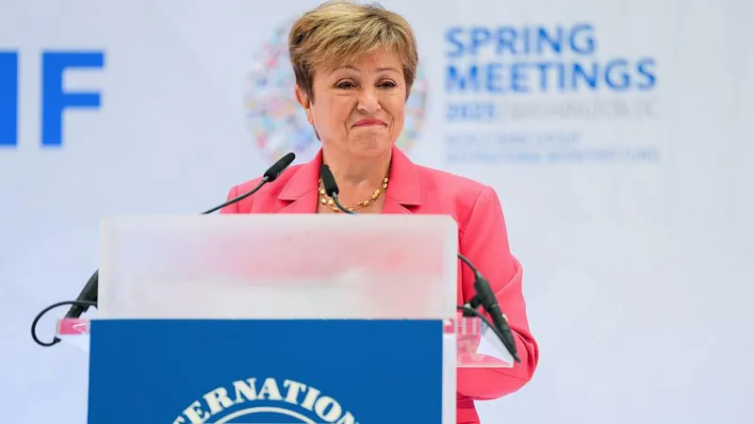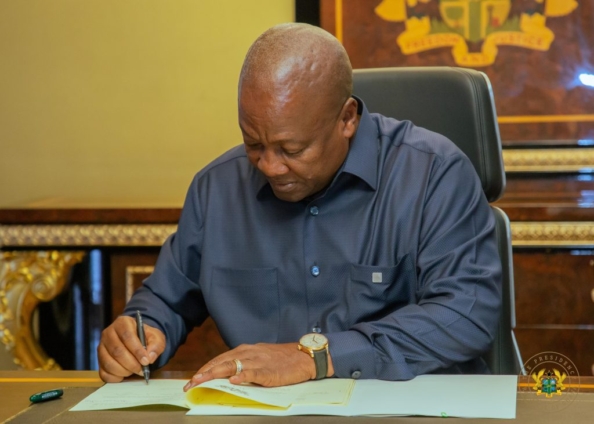Trade‐policy uncertainty has surged to unprecedented levels, yet the International Monetary Fund (IMF) maintains that this spike in tariffs will not precipitate a global downturn. According to the IMF’s latest world‐economic forecast, global equity markets have retreated as trade frictions intensified, and an “erosion of trust” among nations has emerged. Nevertheless, while the Fund plans to trim its growth projections, it stops short of predicting an outright recession .

These remarks follow U.S. President Donald Trump’s so‐called “Liberation Day” tariffs, unveiled on April 2, 2025, which prompted a sharp decline in global share prices. Even weeks later, the FTSE 100 remains about 4.6% below its level from one month prior . In response to the heightened uncertainty, many companies have curtailed spending and delayed investments, and several countries have retaliated with their own tariff measures.
Meanwhile, the World Trade Organization (WTO) has forecast an overall contraction in world trade for 2025, attributing the downturn largely to these recent U.S. trade levies. The Bank of England likewise warned that escalating tariffs have “contributed to a material increase in the risk to global growth and financial stability,” underscoring the broader economic stakes of ongoing protectionist policies .
In sum, the IMF acknowledges “notable markdowns” to its growth outlook in light of mounting trade tensions, but it remains confident that a coordinated policy response and stable market conditions can avert a worldwide recession


















0 Comments